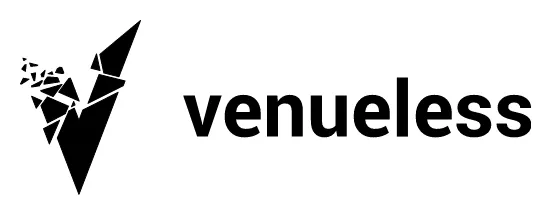OSFC 2021 - Going Full Open-Source


Oscar is so excited!
OSFC 2020 was a blast - we had great talks and discussions, some virtual beers and a lot of fun - and OSFC 2021 is just around the corner!
As remote conferences are new to us (and probably to everyone else as well) we gathered feedback from you - How did you liked the conference and on what bits can we improve to make the experience better next time. Of course, everyone here at the OSFC hoped that we can do a conference in person again - sadly that has to be postponed to next year. So here we are again - going full virtual!
The overall feedback from you was good - however there was some feedback on the tools used for the OSFC that we like to share. Our main tool for running the conferences including the ticketing system was hopin.com - even though we liked the overall experience, we also noticed some minor problems around the platform:
- The billing and ticketing system was quite simple. We were unable to produce invoices from bought tickets which resulted in us generating invoices manually for each attendee.
- We got feedback from various people with different operating systems and browser setups that the stream was not working for them. Even though we tried to resolve as many technical issues as possible, there was not a clear set of which browser does not work on which operating system.
- Sometimes the system was rather slow - and the chat was a bit complicated to handle
- One big feedback point was that the system was not open - Either accessing the stream directly nor the platform itself was open-source - especially for an open-source conference that's something we put some thoughts in.
With this year's OSFC going virtual again, we put some thoughts into the technology we're planning to use throughout the event. Last time, we were in a rush - flipping everything over from physical to virtual. This year, we took our time and looked into various solution and came up with a plan.

Venueless.org Logo
For the conference system itself, we are using Venueless. Venueless is a fairly new system (Initial Commit is from Apr 6, 2020) and it's fully open-source. The code can be checked out on Github. We booked one of the options mentioned on their homepage and added some extra money for features we need for our conference. Even though it's a fairly new project - we have a good feeling with the team and think that will work for us. It's fully customizable and we have a good connection to the developer.

pretix.eu Logo
As the ticket system last year was one of the major pain points - we also changed this to pretix. pretix is, again, an open-source ticketing software which can be used obviously for handling tickets - for online, offline or hybrid events. The code can be found on GitHub. If it works out quite well, we're planning to use the system also for future in-person conferences and hackathons again. The system looks good - is more than capable of what we need and we are thrilled to move on with pretix.

pretalx logo
Oldie but Goldie - pretalx. Last year we already used pretalx for the Call for Participation for the OSFC 2020 and we also used the schedule functionality and embedded this on the osfc.io homepage. pretalx is also open-source - Github link is here - and we already made some good experience with it. So we are going for pretalx again!
Overall - we tried to go as much as possible open-source, and rely on open-source technologies for our conference. We here at OSFC think it's just natural that having a conference on open-source firmware should work with open-source technologies, also for managing and delivering our conference. We do strongly believe in the open-source spirit and support technologies and products build around it.
We hope you liked the new approach we are taking with the OSFC and we try to stick to the open-source spirit as close as possible. Let's see that we all have a great OSFC experience! We are looking forward to build a virtual space for you again - and are looking for great talks and discussion around open-source firmware!